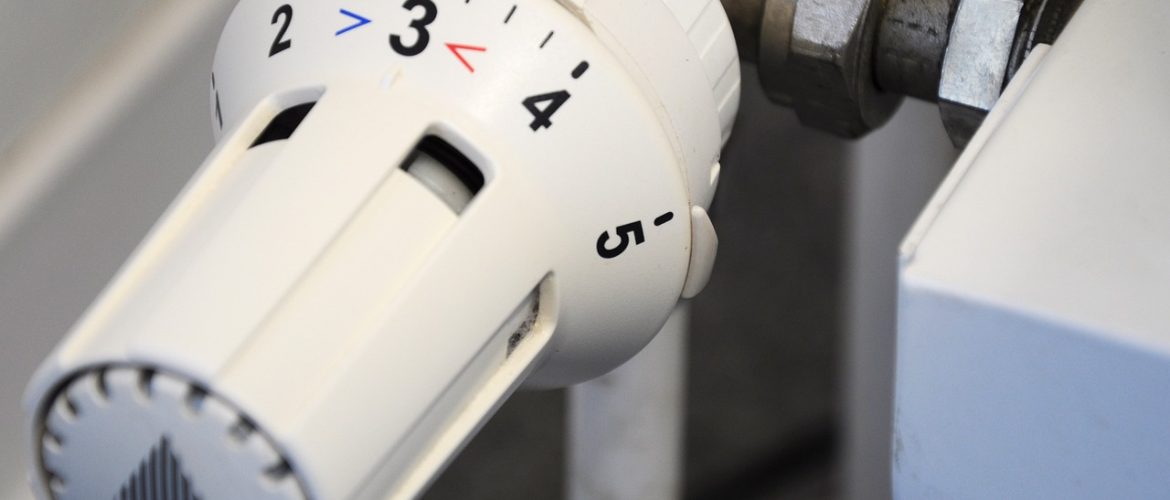The key issue of heating and district heating of the lignite cities of Western Macedonia is at a dead end, as a result of the planned “solution” based on fossil gas.
This was stressed by Nikos Mantzaris in an interview at Flash TV Kozani (09/10), following the publication of a relevant policy paper by Green Tank.
With the start of district heating – which is usually on 15 October each year – having been set back, there is obvious concern and dissatisfaction among the citizens of Western Macedonia who have sacrificed a lot for the energy sufficiency of Greece for decades. As a consequence, some citizens of the area are cautious towards RES and have ‘second thoughts’ about the lignite phase-out.
Indeed, as Nikos Mantzaris mentioned during his conversation with journalist Vangelis Christodoulos, local society should have participated – and can still, even if belatedly – as an active interlocutor in its energy transition and the transformation of its economic model, in order to find a happy medium between the development of RES and local interests.
With rapid geopolitical developments, changes in European legislation and rising emission costs, lignite is surely a thing of the past. Similar is the fate of gas already at the European level – which is why it is unrealistic to bet on fossil fuels in Western Macedonia, according to Green Tank’s policy analyst.
On the contrary, there are viable proposals for district heating in Western Macedonia (photovoltaics, solar thermal systems, heat pumps, biogas, waste energy recovery). The case of Amyntaio with biomass is a good example, while even electric boilers can be part of the solution at a transitional level if they are powered by cheap solar energy.
How much will these solutions cost and how quickly can they be implemented? The European Union exclusively funds heating and district heating projects from renewable energy sources. At the same time, the existing gas-based “solution” is already overdue and, according to the timetable, will be completed in 2028 – provided that the plan is adhered to without any other contingencies. On the other hand, examples from all over Europe, but also here in Greece with the “Apollon” project, show that if there is political will, a RES-based solution can be completed within a horizon of even 3 years.
You can watch the full interview here in Greek.



